The Fault in Our Star-Studded Dramas
Pakistani youth is increasingly switching from Pakistani TV to alternative options like Netflix Originals, K-Dramas and Turkish series for entertainment purposes simply because they are unable to connect with the content that is being shown on our local channels 24/7.
Pakistani drama serials are one of the most popular things about Pakistan. After politics and cricket, it’s perhaps the most discussed topic in gatherings and on the internet. People still haven’t gotten over the charm of older shows like Ankahi, Tanhaiyaan, Dhoop Kinaray, Humsafar, Zindagi Gulzar Hai, Qaid-e-Tanhayi and more. Moreover, every now and then we keep getting a new product from the drama industry that becomes the talk of the town – from the commercially motivated Mere Paas Tum Ho to the ones that started a new discourse like Parizaad. More than just providing entertainment, our dramas have also touched upon a number of taboo topics, and raised awareness on them. From Udaari with its strong messaging on child abuse to Dil Na Umeed to Nahi uncovering the mess of begging mafias and brothels.
Dramas have been an important feature of this society ever since television became a part of the average Pakistani’s house. Families would and still gather for prime time shows, have discussions over it, and take messaging from it. In today’s world, social media debates on the different aspects of these dramas and even cross-border bonding over shows and actors have become important elements of communal lives. However, where these dramas have brought us a lot of pride and appreciation, along with building a soft-image, they don’t come without their fair share of demerits.
The particular issue under discussion here is how our drama makers and the audience (through viewership) have brought our drama industry to a point where the content no longer connects with a large portion of the audience. Younger people are increasingly moving away from Pakistani television towards other sources of entertainment like Netflix or k-dramas. This isn’t always out of their will, but also out of a sense of necessity because the local TV is fails to provide them with content that they want to see.
TV dramas have already become linked to female members of the society over the years, unlike the older stories written by the likes of Amjad Islam Amjad, Haseena Moin and Ashfaq Ahmad. Today, even a majority of female audience feels alienated when watching these dramas because the content has not kept up with the changing dynamics of the society.
Here are some of the numerous reasons why Pakistani youth is drifting away from Pakistani TV:
1. There is more to life than shaadi

Marriage is an important part of an individual’s life, however in Pakistani drama world, it is the ONLY part. In a society where young girls are becoming increasingly focused on their careers and self development, while also managing their houses and relationships alongside, these girls rarely find any representation – especially positive – of themselves on TV. They don’t see dynamic female leads, managing different aspects of their lives, and dealing with the different challenges of workplace and homes. They only find one dimensional female characters running after a man, or crying over their in-laws.
2. Normalisation of abuse
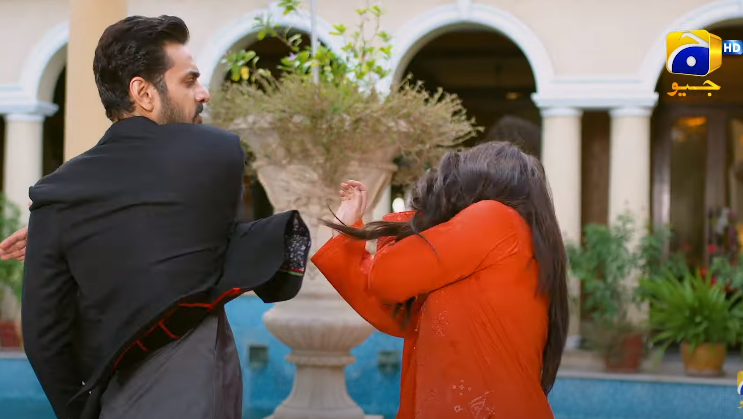
Pakistani dramas have an OBSESSION with abuse – verbal, physical, emotional – you name it. Since the other two we don’t even consider forms of abuse, let’s focus on physical abuse. One can vividly remember the countless thappars (to women) in the recent sensation Tere Bin, but this isn’t the only example. We have numerous examples of physical abuse, which gets brushed under the rug as the plot progresses. We are living in an era where Pakistani women are becoming increasingly aware and vocal about the protections provided to them in both law and religion against domestic abuse. Pakistani drama makers, however, seem oblivious to these developments. They don’t seem to realise that they are alienating their audience through an insensitive portrayal of things people feel so strongly about.
3. Glorification of Obsessive ‘Love’
The heading itself must have reminded you of a number of very successful recent dramas, where a male lead’s obsession was labelled as some next-level love that should be idealised. A recent example was the very popular Kesi Teri Khudgharzi where Danish Taimoor as Shamsher fell in love with Mahek (played by Durr-e-Fishan), leading to a series of events (that could at best be labelled as harassment) and all the way to the extent that Mahek had to pretend she was DEAD. Yet the ‘hero’ ended up marrying her, and she eventually fell in love with him. Similar toxicity in the name of love has been seen in other shows like Ishq Hai, Khaani and Ruposh.
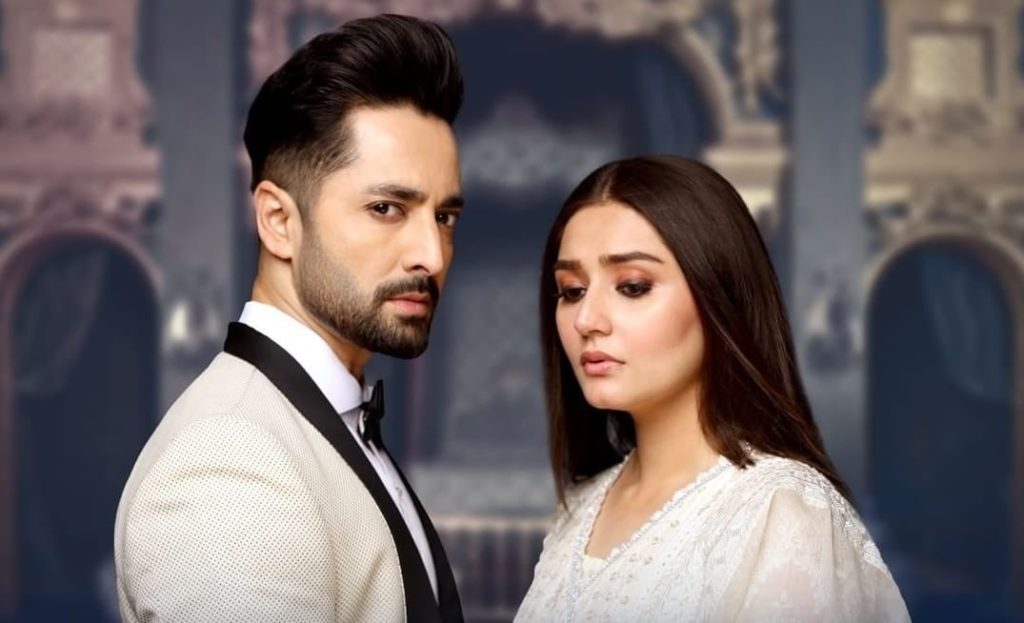
As women become more aware of harassment and stalking, while also having to face these horrors on a daily basis, shows romanticising these issues can only be criticised.
4. Overdose of Tragedy
Let’s be honest, most of us watch fiction to take a break from the stress of our real lives. Every now and then, we can consume a hard-hitting show, but it’s not something audience can take in all the time. However, our TV shows clearly have an obsession with including as much tragedy as possible – even when it isn’t required. The Saba Qamar and Bilal Abbas Khan starrer Cheekh is a perfect example of it. The show had a brilliant plot where Wajih (Bilal Abbas) kills Nayab (Ushna Shah) after she refuses him, leading to Mannat’s (Saba Qamar) pledge to find her murderer and get them punished. Despite such a strong plot, the show included SO MANY tragedies in Mannat’s life – making her lose her mother, husband and unborned child – that when she finally succeeded in her mission, it didn’t even feel like a victory.
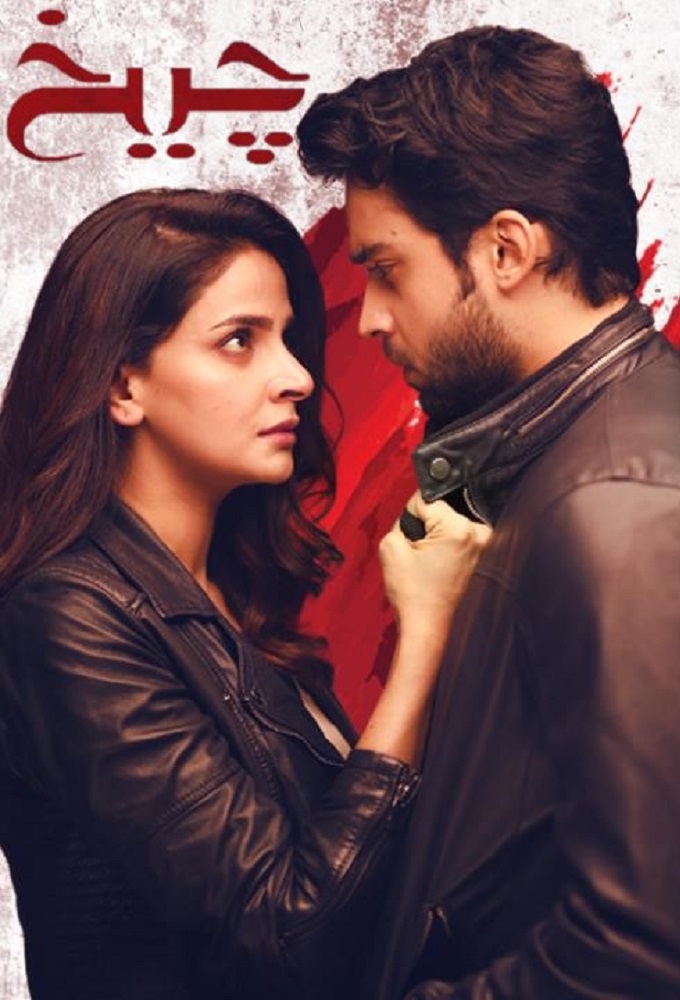
Young audiences are already dealing with a number of problems at once – careers, crashing economy, social issues and more – they don’t need more tension in their lives through fiction. A balance between tragedy and good moments would be a much better approach.
5. Unrelatable Female Characters
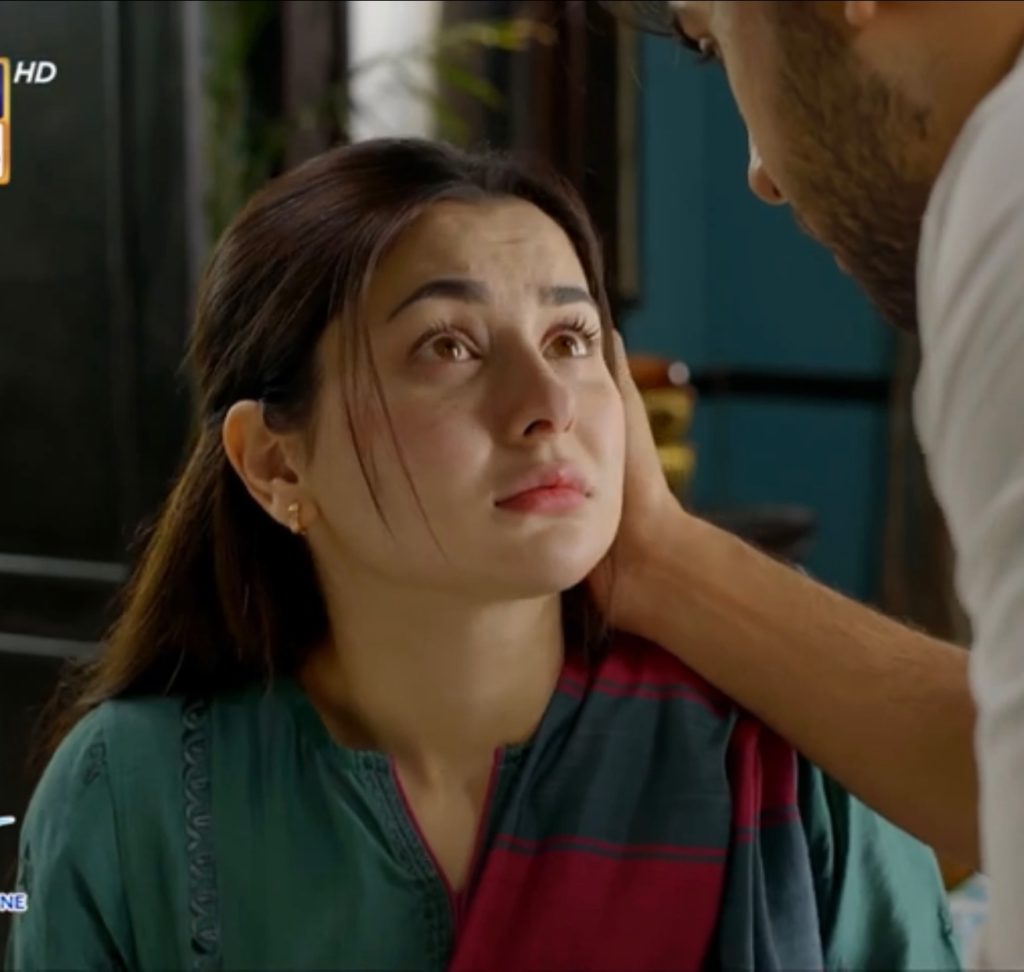
In Pakistani dramas, female characters come in only two shapes and sizes – the pure evil and the sati savitri. Both being equally unrelatable and unrealistic. On one hand, we a have a majority of our female leads, who would pretty much sell their souls to please those around them, and forgive everyone for the worst kinds of torture (yes Hala from Mere Humsafar, we’re looking at you), while on the other hand, we get the “bad” women, who are nothing but pure selfish, vengeful and either greedy beyond bounds or after another woman’s man (usually their cousin/sister/friend’s), be it Haya from Tere Bin or Faha from Mujhe Pyaar Hua Tha. We rarely ever get to see normal women, who have shades of both good and bad in them.
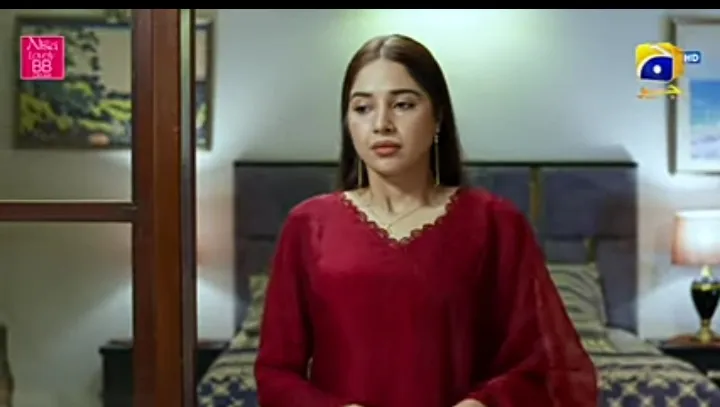
Oh and of course, there’s the stereotypical styling of the ‘good’ and ‘bad’ women – shalwar kameez dupatta with minimal makeup versus Western outfits, loud makeup and shorter/styled hair.
This is not an exhaustive list, there might be a part 2 of this article, who knows. The point I am trying to make is that Pakistani drama industry has so much potential, and we have seen that potential being displayed time and again too, yet we continue producing multiple shows with the same plots and non-sensical elements that continue to drive audience away.
This comes from a very passionate and sincere Pakistani drama fan, who has perhaps watched a little bit of everything that aired in the past 12 years – please do better. We know you can. We deserve more than two good shows a year!

Great post
I agree with it and tired to see same shit on TV on every channel life is much more
Your analysis is really good 👏
Lovely analysis. Very succinctly put as to why people are moving away from these dramas. My main issue has to be the underlying misogyny. I really can not wrap my head around it anymore.
Sis dil ki baat ki hai tito. Especially everybody loved Cheekh for showing evil getting punished and Mannat winning while I was like she won after losing everything and everyone. Her life just ruined. Friend and father toh already died and in the process her husband, mom and unborn child also left her side. Actually the lesson I got was its better to stay shut than ask for justice which is soo wrong.
Spot on analysis! We need more realistic and light hearted shows than these constant dramatic tragedies that are never ending. What happened to well written and meaningful stories that wrapped up in 15-20 episodes? Why is marriage the only topic in our dramas and why is the background score always so loud and unnecessary in every scene?!